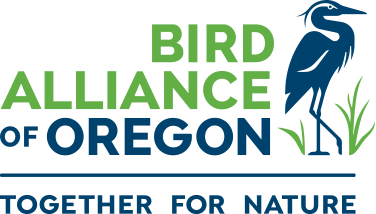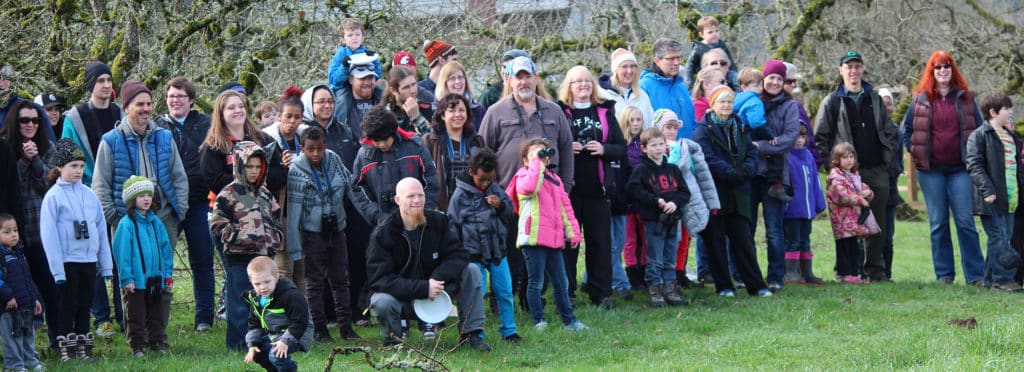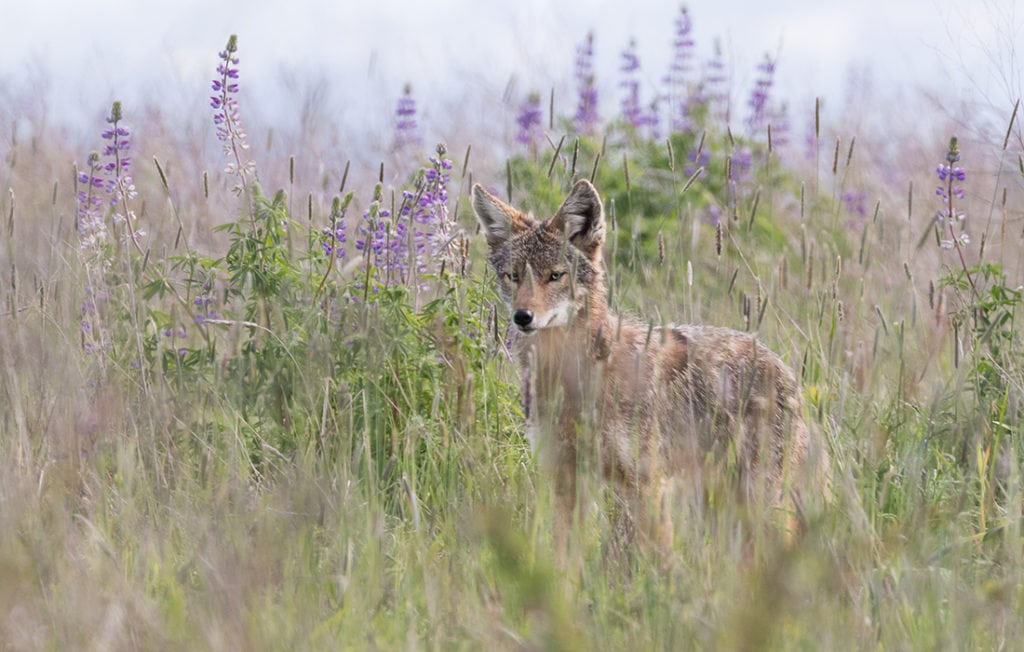
These two hummingbird nestlings were brought to our Wildlife Care Center last year out of fear they had been orphaned. Fortunately that was not the case. Many wild animals feed their young quickly so as to not draw attention from predators, but to people this can look like the babies have no one caring for them. Once the nestlings got to our facility, it was clear they had not been abandoned. They were healthy kiddos in perfect condition, with full crops, and sitting quietly in their spiderweb-lichen nest. (Mom was creative and made use of old string lights instead of a branch. How neat!) Thankfully, we were able to reverse the accidental kidnapping by simply putting the babies and their nest back as close as possible to where they were found and reunite them with their mother. The finder confirmed that Mom had found them and that she jumped right back into the job that is raising babies. It was a very happy ending to what could have been a sad story.
Our first young of this season was also an Anna’s Hummingbird that was accidentally kidnapped. This is actually more common than you might think. Although many of our patients have a real reason to be admitted to our hospital, every spring we meet compassionate people who go out of their way to (unknowingly) drive a healthy animal to us. Don’t feel bad if you have done this—you are not alone—but it’s always better to avoid disturbing healthy wildlife. Although we do our best, wild animals have a higher chance of survival when raised by their wild parents, so it is important that we intervene only when absolutely necessary.
But knowing whether to intervene can be tricky, so make sure to contact your local wildlife rehabilitator for advice on your and the animal’s unique situation. Our website has lots of information on this, and you can check out the handy flow chart there to help make the decision. And if you are unsure, you can call the Wildlife Care Center hotline, (503)-292-0304, or email wildlife@birdallianceoregon.org to connect with one of our experienced solutions counselor volunteers.
Portland is fortunate to have an abundance of greenspace and natural habitat. We also have the chance to cohabitate with amazing wildlife that we might not expect to live so close to people. Yet this fusion habitat of nature and development with dense human population is not a natural functioning ecosystem and comes with many sources of anthropogenic (human-caused) harm. These dangers are what bring the vast majority of patients into our Wildlife Care Center.
It is a great privilege to live in close proximity to wildlife, and we have a responsibility to learn how we can share the urban landscape with our wildlife neighbors. As we go into spring and summer, please be mindful of the lives near and around us, and the ways you can reduce negative impacts on them. Responsibly and safely manage your pets, keeping cats indoors, on leashes, or in catios, and keep dogs supervised and leashed. Save treescaping for the fall or winter, and do not take baby animals from their home unless you are certain the parents are no longer present. And as we head into our busiest season, remember that our Wildlife Hotline volunteers (503-292-0304 or wildlife@birdallianceoregon.org) are there for you if you have questions or run into a wildlife situation that you’re not sure how to humanely manage.



